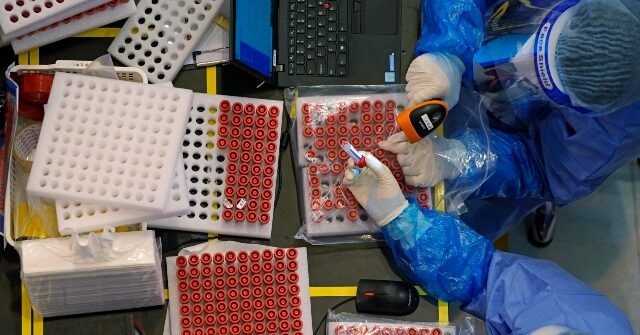China is taking significant strides to bolster its pharmaceutical industry along the “Health Silk Road,” a concept integrating healthcare initiatives within its broader Belt and Road Initiative (BRI). Recently, Shanghai Fosun Pharmaceutical announced that the first phase of its manufacturing plant in the Ivory Coast is set for completion by the end of this year. Located in Abidjan, the largest city in the Ivory Coast, this facility aims to produce around 5 billion tablets of critical anti-malarial drugs and antibiotics annually. This move comes amid the pressing healthcare demands in Africa, where nearly 95 percent of global malaria cases originate from sub-Saharan regions.
At the Forum on China-Africa Cooperation (FOCAC) summit, President Xi Jinping underscored China’s commitment to enhancing pharmaceutical production and access to medical equipment in Africa, advocating for co-investment ventures between Chinese and African private sectors. This measure is part of a strategic approach to address healthcare gaps and expand China’s influence in pharmaceuticals across the continent. The Health Silk Road initiative, which gained prominence during the coronavirus pandemic, serves as a platform for China to advance its pharmaceutical interests, amid satire that emerged around profiting from the virus that originated in its territory.
The historical context of the “Silk Road,” which thrived for over 1,500 years until the 15th century, is evoked by Xi’s Belt and Road Initiative, launched in the 2010s. In its reinterpreted form as the “Health Silk Road,” it aims to export Chinese pharmaceutical production to developing countries, with Africa being seen as a key beneficiary. Despite a rocky start with the Health Silk Road’s European ambitions, including a faltering relationship with Italy, the opportunity seems more promising in Africa, where Chinese anti-malarial efforts have yielded positive results.
Recent developments underscore this pivot to Africa, with Zambia’s recent deal with Jijia International Medical Technology Corp. establishing the continent’s first cholera vaccine factory, while Nigeria collaborates with China to develop a pharmaceutical facility focusing on HIV medications. This comes on the heels of Western pharmaceutical giants GlaxoSmithKline (GSK) and Sanofi suspending operations in Nigeria due to local currency fluctuations and rising costs. Therefore, China’s entry is timely, as the region grapples with a production vacuum that these companies once filled.
Experts predict that the growth trajectory of the Health Silk Road may be propelled by an impending overcapacity crisis in China’s pharmaceutical industry, driven by its declining population. David Shinn, a specialist in China-Africa relations at George Washington University, noted that the pharmaceutical sector in China faces a potential excess in supply, making Africa an attractive market due to its rapid population growth and increasing healthcare requirements. This dynamic presents an opportunity for Chinese companies to secure new markets where they could operate profitably, even amidst cost challenges.
The collaborative investments from China have garnered positive responses from African leaders. Joseph Wangendo, a senior officer at the Africa Centers for Disease Control, commended China’s contributions to health security initiatives on the continent. He highlighted successful partnerships, such as the construction of the Africa CDC headquarters, and voiced optimism for future collaborations to tackle health emergencies, such as recent outbreaks of mpox and Marburg virus. Additionally, China’s ongoing commitment has involved building hospitals and enhancing disease surveillance capabilities across various African nations, further cementing the ties between the two regions and setting a foundation for long-term health improvements.

